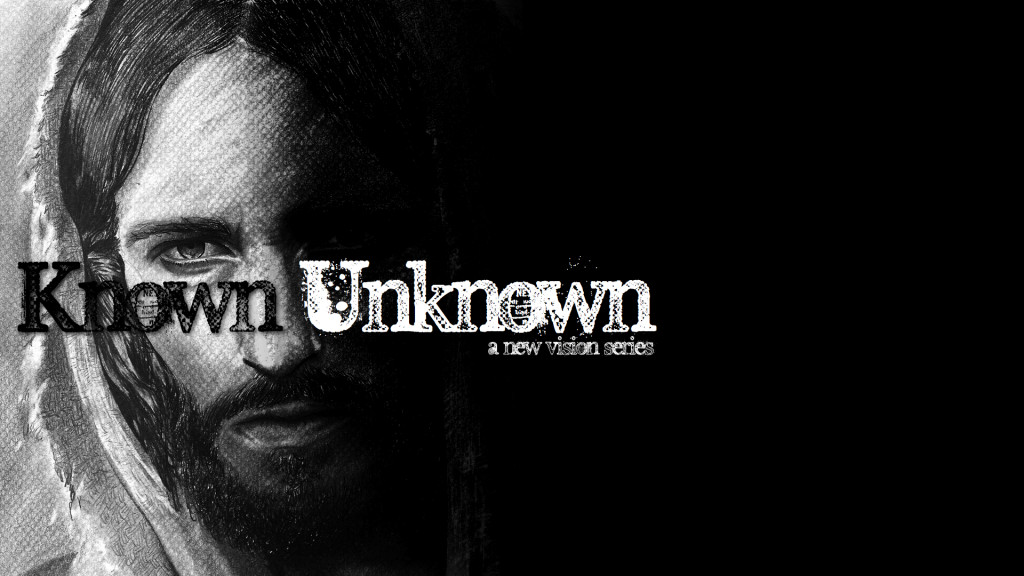Just as with His ride into Jerusalem, there’s more to Jesus’ violent actions in the temple then the exchange rate. Here are three all too often overlooked reasons Jesus cleansed the temple.
1. Jesus as the “Son of David” is the Builder of God’s House
In His entrance into Jerusalem, Jesus claimed to be like Solomon, the “Son of David,” and thus rightful heir to the throne. And in the temple cleansing which follows, he demonstrates how he has taken up the responsibility given to David’s son.
In 2 Samuel 7, God says to David
When your days are over and you rest with your fathers, I will raise up your offspring to succeed you, who will come from your own body, and I will establish his kingdom. He is the one who will build a house for my Name, and I will establish the throne of his kingdom forever. I will be his father and he will be my son.
Of course David’s son Solomon built the temple. But Jesus by entering Jerusalem on a donkey and then cleansing the temple claimed that “one greater than Solomon is here (Matthew 12:42).”
2. Jesus was Angry Because the Temple had become a Barrier to God’s Praise
As he overturned the tables of the money changers, Jesus said,
Is is not written: ‘My house will be called a house of prayer for all nations?’ But you have made it a den of robbers.
We emphasize the connection between the money changers and “den of robbers” but often fail to see the quotation of Isaiah 56:7 in between. The temple establishment is not robbing from men. Scholars have noted the reasonable necessity of the temple exchange based upon the law. The temple system is robbing from the universal glory due God’s Name.
Isaiah prophesied (Is. 2)
In the last days the mountain of the Lord’s temple will be established as chief among the mountains. It will be raised above the hills, and all the nations will stream to it.
The word “nations” in this passages as well as the one quoted by Jesus is gentiles. It Isaiah who prophecies,
And foreigners who bind themselves to the LORD to minister to him, to love the name of the LORD, and to be his servants, all who keep the Sabbath without desecrating it and who hold fast to my covenant–these I will bring to my holy mountain and give them joy in my house of prayer. Their burnt offerings and sacrifices will be accepted on my altar; for my house will be called a house of prayer for all nations.”
But the foreigners and gentiles by and large are not coming. Jesus is angry because rather than a bridge, the temple has become a barrier to the worship of God among pagans.
3. Jesus was Prophetically Acting Out the Coming Destruction of the Temple.
The word “cleanse” is not an appropriate description of Jesus’ actions here. He’s not cleansing the temple. He’s attacking it! This temple must be removed.
Look to Jesus’ cursing of the fig tree to find the truth in this point. Mark, the earliest of the four New Testament gospels, records the following scenes in this order.
- Jesus looks for fruit on a fig tree but finding none curses it (11:12-14
- Jesus enters Jerusalem and attacks the temple (11:15-19)
- The disciples see the fig tree withered from the root and ask Jesus about it (11:20-25)
The sandwiching of these stories indicates that the fig tree is a symbol of the temple. The cursing of the fig tree and its subsequent withering represents Jesus attack on the temple and its subsequent destruction.
The destruction of the temple in AD 70, a generation removed from the events recorded in the gospel, is no where explicitly mentioned in the New Testament. But there are numerous implicit details which indicate that it has already occurred or is about to occur when the gospels are written.
Jesus teaching on the mount of Olives (Matthew 24, Mark 13, Luke 21) has this event in mind. Here, Jesus once again links the temple and the fig tree.
Now learn this lesson from the fig tree: As soon as its twigs get tender and its leaves come out, you know that summer is near. Even so, when you see these things happening, you know that it is near, right at the door. I tell you the truth, this generation will not pass away until all these things have happened. Heaven and earth, will pass away, but my words will never pass away.
Like Ezekiel and Isaiah, Jesus prophetically acts out the coming violent removal of the temple.
Jesus is Building a New House for God
But Jesus has not left a temple in ruins. He has built a new one! The New Testament continually indicates that the rebuilding of God’s true temple is found in the death and resurrection of His son.




















